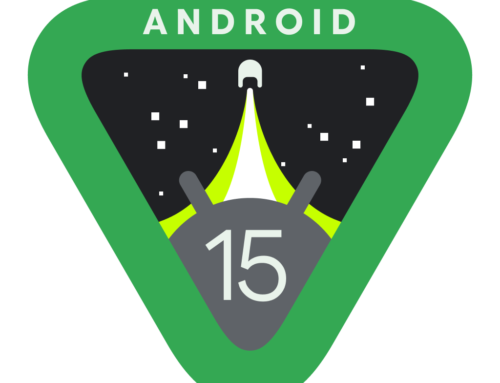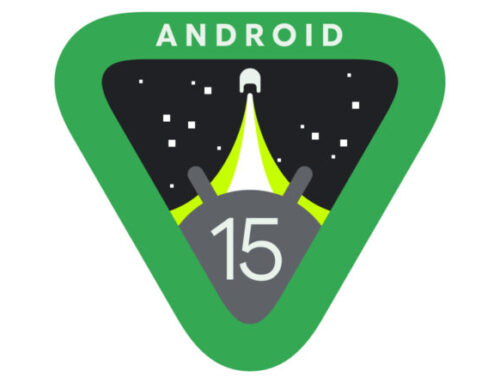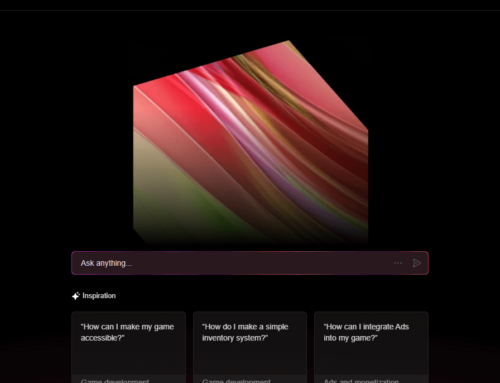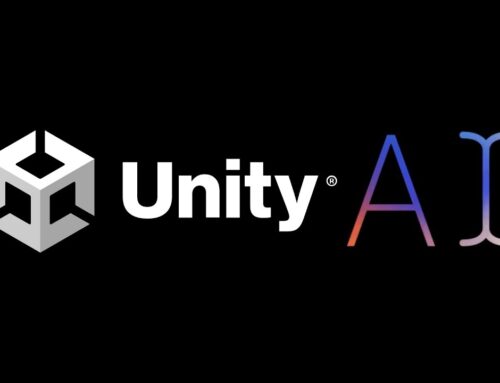What did I get into? Trying to write a post on Android vs iOS feels like starting a post between Christianity vs Islam debate. Why? Because to some extent, Android and iOS users feel like choosing a religion when defending their smartphone platform. Because in the world of smartphones, 2 operating systems have established themselves as unrivaled giants: Android and iOS. Windows Phone is defunct so that doesn’t count anymore.
The “battle” between these behemoths has been raging for over a decade, captivating tech enthusiasts and everyday users alike. Both Android, developed by Google, and iOS, created by Apple, have shaped the landscape of mobile technology, each with unique philosophy and approach. With Android boasting the lion’s share of the market in terms of global smartphone operating system usage, and iOS boasting a fiercely loyal and passionate user base, the rivalry between the two platforms intensifies. But that’s somehow under pressure right now, as iOS is gaining more ground in the US especially for teen adoption, mainly due to the fact that owning an iOS device is “hype”.
As far as advantages of iOS over Android and vice-versa, here’s my take on it and I highly encourage you to share your opinion in the comments.
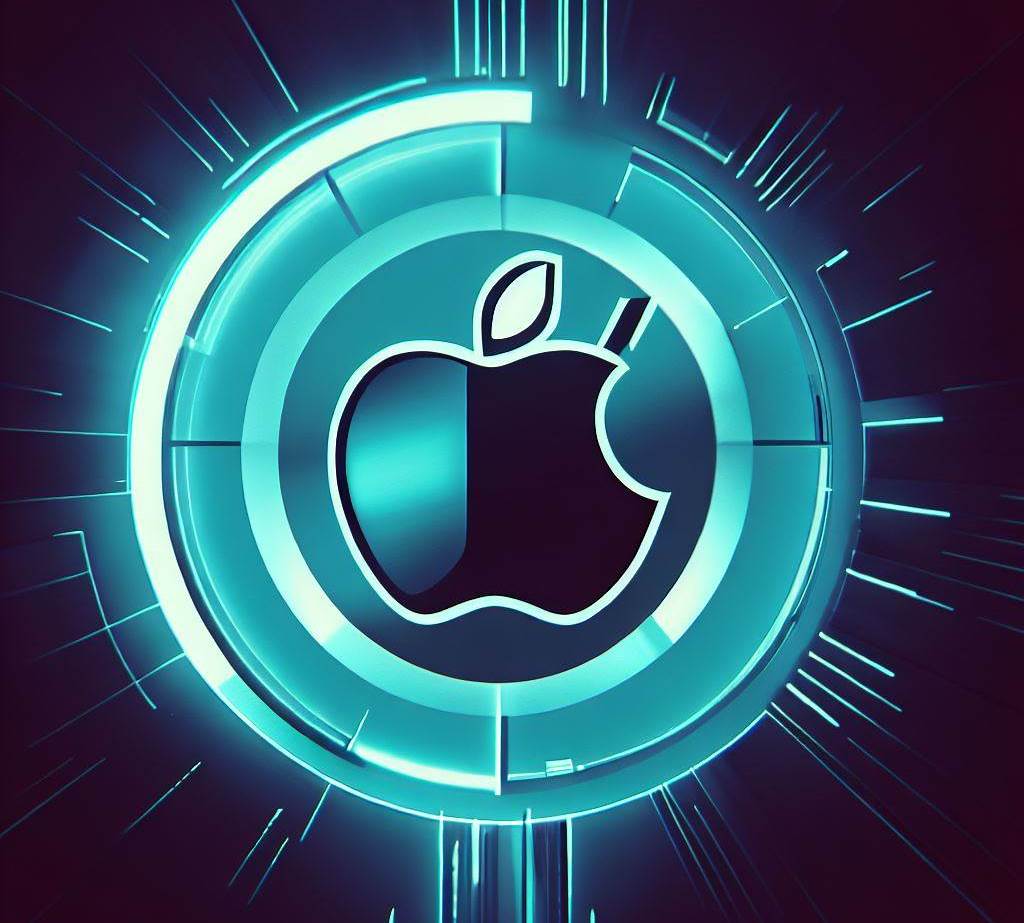
iOS Advantages:
- Shortcuts automation. While I appreciate the features of Android, there are certain things that make me prefer using iOS. Shortcuts automation, for instance, is a lot easier and more integrated than Tasker, but I don’t really use it that often.
- Swipe gestures. These have improved in recent Android versions, but I still find iOS to have an edge, especially with its swipe-to-delete functionality, which I miss on Android apps like Instapaper and Evernote.
- Integration with other devices. If you have other Apple hardware like AirPods, the integration with the Apple ecosystem is also a plus.
- Optimized software/hardware. Although Samsung is catching up, iOS still has more optimized software/hardware for tablets. And when it comes to great paying apps, those on iOS tend to be slightly better executed, with new features prioritized on the platform. For instance, Twitter and Evernote work better on iOS. Fragmentation is the thing that hits Android the most, being very difficult to have a consistent experience with so many variations, unlike iOS which offers the same experience for all users.
- Great PDF editing. One thing I really miss on Android is the lack of great PDF editors. As someone who reads and highlights technical PDFs for work, I rely on apps like PDF Expert and Highlights on iOS. I haven’t found an equivalent on Android yet, although I recently discovered Nebo, which looks promising for writing and converting to text.
- Smartwatch integration. The Apple Watch is another thing that keeps me on iOS. While I’ve tried Galaxy Watches and other smartwatches, I find the Apple Watch to be better integrated with the iPhone, with great features like the Sleep app, which is a wonderful sleep tracker.
- Live Photos. This is also something I tend to prefer over Motion Photos, although I use them less than I used to.
- Payment. When it comes to mobile payments, I prefer Apple Pay over Samsung Pay, which doesn’t work with my bank. Although there are other solutions like Paylib, it’s less well-integrated on the Samsung phone and watch.
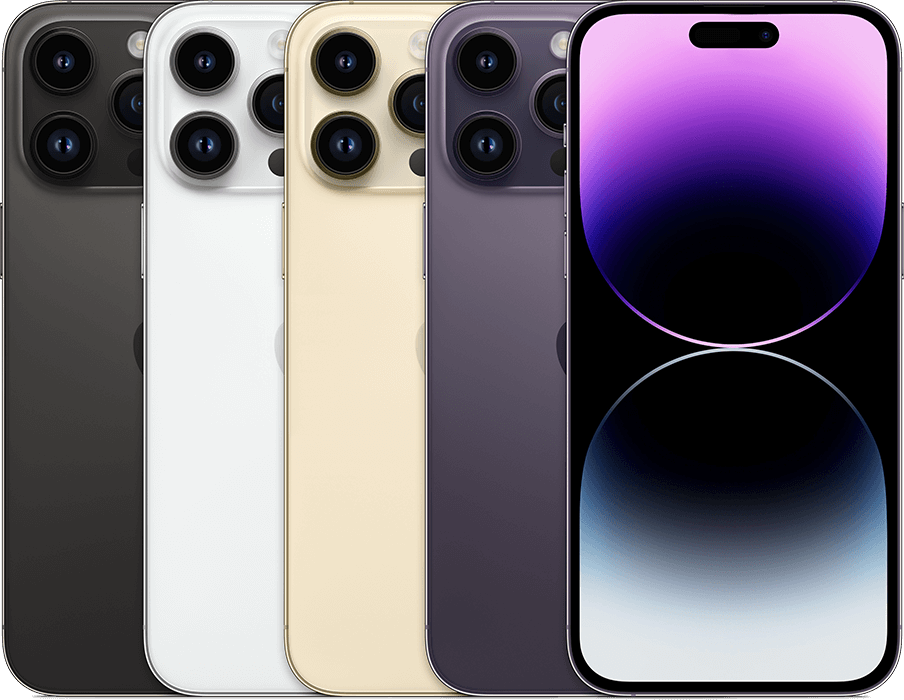
As for iOS disadvantages, here are a few things that bother me:
- Closed ecosystem. While Apple’s closed ecosystem is a strength for some, it can also be a disadvantage. iOS is tightly controlled by Apple, which can limit customization and prevent certain types of apps from being available in the App Store.
- Limited hardware choices. Unlike Android, which is available on devices from a wide range of manufacturers, iOS is only available on Apple’s own devices. This can limit users’ options in terms of form factor, price, and feature set.
- No expandable storage. iPhones do not have expandable storage options, meaning users must rely on the internal storage capacity of their device. This can be a problem for users who need to store a large amount of data, such as photos and videos.
- Expensive. Apple products are generally more expensive than their Android counterparts, which can make them less accessible to some users.
- Lack of file system access. iOS does not provide users with direct access to the file system, making it difficult to manage files and share them between apps.
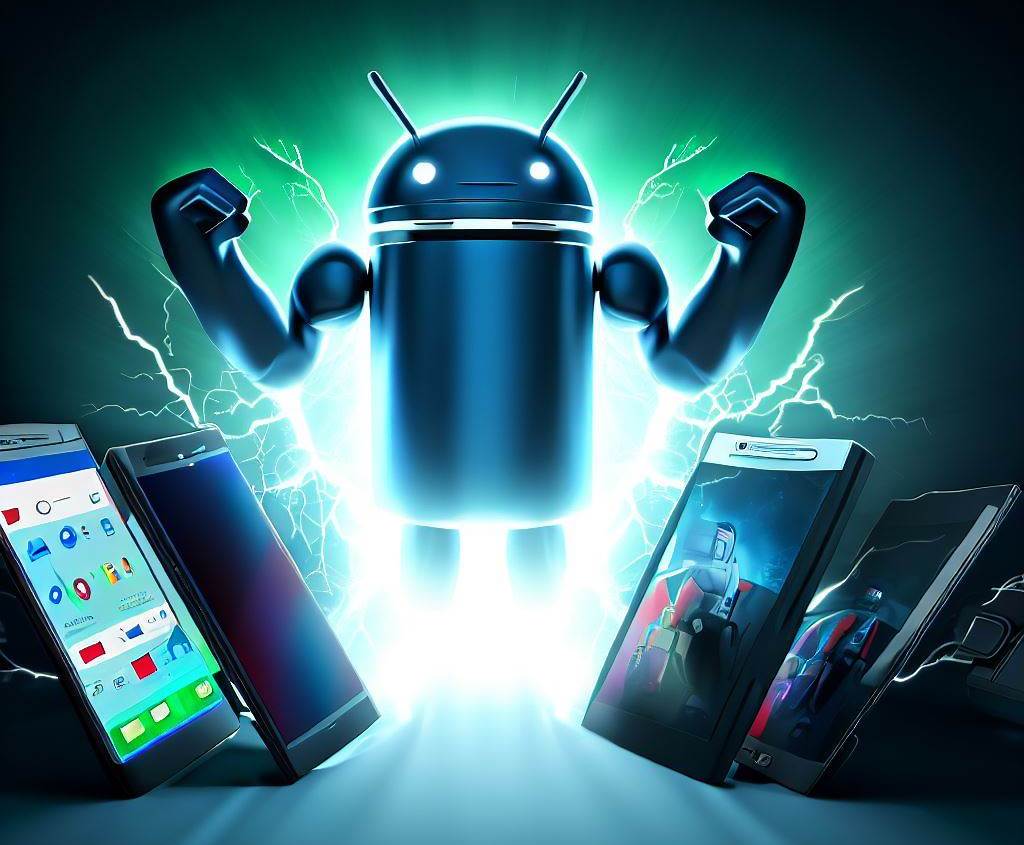
Android advantages:
- Notifications. When it comes to notifications, Android has the upper hand. Its notifications are more actionable and customizable, with the latest OneUI even introducing widget stacks. While customization used to be a major selling point for me, I find myself doing it less now that I’m older.
- Gboard. One thing I do appreciate on Android is the keyboard. Gboard, my keyboard of choice, works better on Android than on iOS. And when it comes to clipboard management, Android is also better.
- Syncing documents. Syncing PDFs and videos across devices, I prefer the Onesync app on Android. While I’ve tried Documents and Filebrowser Pro on iOS, Onesync is more streamlined and efficient, working in the background.
- File system. Another advantage of Android is its genuine file system, with downloads and other files easily accessible. And for those using Windows devices, the integration between Galaxy phones/tablets and Windows is interesting, providing an iOS/macOS-like experience with features like having your messages on your laptop.
- USB-C. Lastly, USB-C is another device-specific advantage of Android. I’m fed up with having a lightning cable and appreciate the convenience of USB-C.
![]()
As far as Android disadvantages, here are a few that I’ve noticed (mostly used Samsung Galaxy devices, so these might feel different on other devices):
- Fragmentation. With so many different manufacturers producing Android devices, there can be significant fragmentation in terms of software updates and support. Some devices may never receive the latest Android version or security updates, which can leave users vulnerable to security risks.
- Bloatware. Many Android devices come with pre-installed apps that users may not want or need, taking up valuable storage space and potentially slowing down the device.
- Security concerns. While Google does regularly release security updates for Android, some users may be hesitant to trust the security of a system that is open source and potentially more susceptible to malware and hacking.
- Inconsistencies. Because Android is open source and allows for customization by manufacturers, there can be inconsistencies in the user experience across different devices. This can make it difficult for developers to create apps that work well across all Android devices.
- Battery life. Some Android devices have been criticized for poor battery life compared to their iOS counterparts. This can be due to a variety of factors, including the size and capacity of the battery, as well as how the software is optimized to manage power usage.
So, what do you think? Does it relate to your switch experience ? Anything you particularly miss on the Android side ? Why did you switch in the 1st place ?

